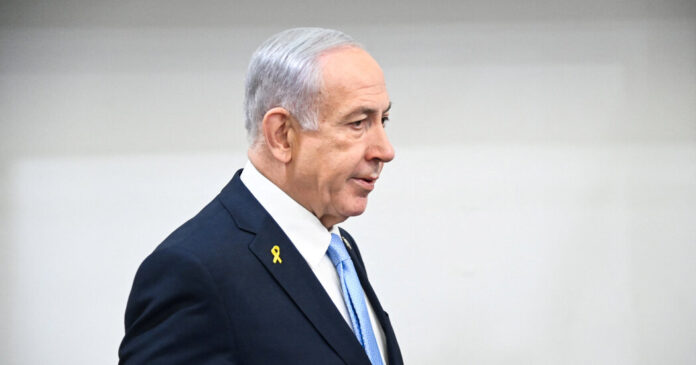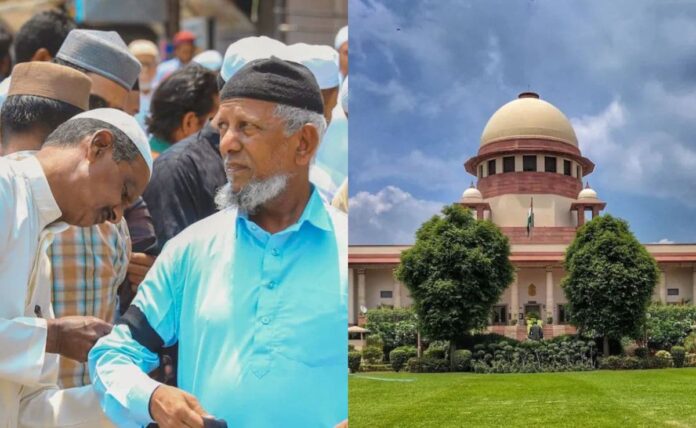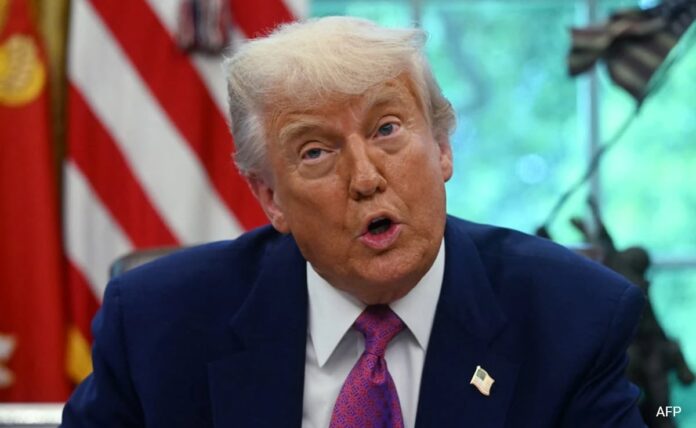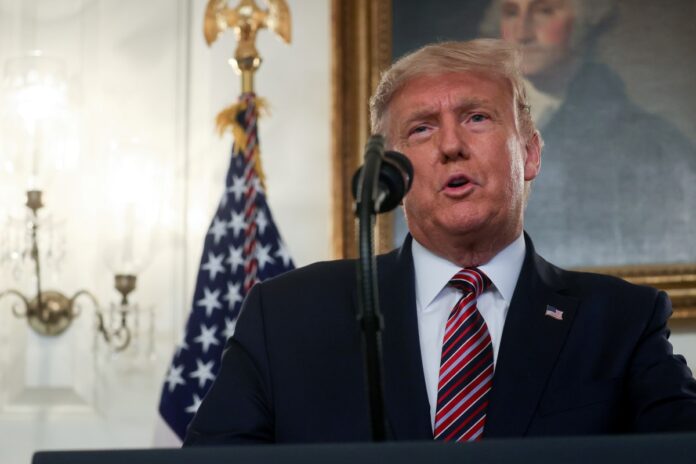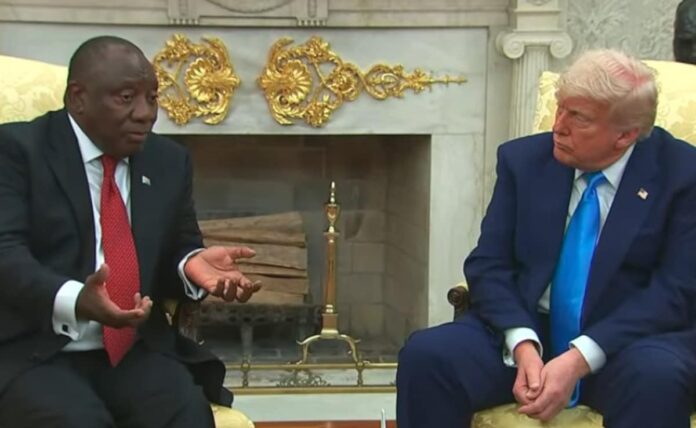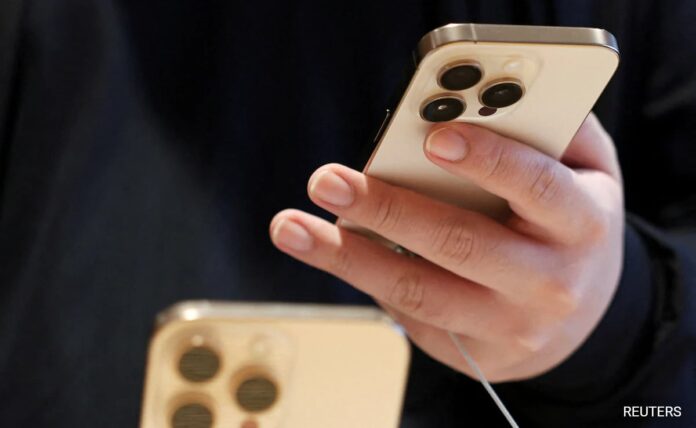Prime Minister Benjamin Netanyahu of Israel on Thursday began a visit to Hungary, confident that Europe’s self-declared bastion of “illiberal democracy” would ignore an arrest warrant issued against him in November by the International Criminal Court.
The visit is Mr. Netanyahu’s first to a country that has recognized the jurisdiction of the court, raising the possibility, at least in theory, that he could be arrested. He visited Washington to discuss the future of Gaza with President Trump in February but the United States, like Israel, has never recognized the international court.
In Hungary, the government of Prime Minister Viktor Orban has made clear that it will ignore its obligations as a party to a 1998 treaty that established the court.
Mr. Orban invited Mr. Netanyahu to visit shortly after the court issued its arrest warrant, assuring him that “the judgment of the I.C.C. will have no effect in Hungary and that we will not follow its terms.”
Hungary’s expansive propaganda machine has tilted toward antisemitic tropes in its nonstop vilification of George Soros, a Hungarian-born American financier and philanthropist who is Jewish. It has cast him as the sinister puppeteer in a vast global conspiracy backed by high finance and hidden, cosmopolitan forces.
But Mr. Orban, a strong supporter of Israel, has embraced the country’s right-wing prime minister as a kindred spirit in tune with his own ethnonationalist views and reverence for national sovereignty free of foreign interference.
The International Criminal Court issued the arrest warrants for Mr. Netanyahu and his former defense minister, Yoav Gallant, accusing them of war crimes and crimes against humanity in the Gaza Strip, dealing a blow to Israel’s global standing.
For Mr. Netanyahu, the Hungary visit provides a chance for him to project strength abroad and statesmanship at home at a time of growing opposition to his leadership both inside and outside Israel.
By traveling to Europe, Mr. Netanyahu is signaling to the world that he remains broadly unaffected by the court’s arrest warrant, though Israel’s conduct of the war in Gaza has been denounced by many European governments. He is also signaling to critics in Israel, where he is enmeshed in a growing list of domestic crises, that he retains his international stature and that business continues as usual despite the arrest this week of two of his aides.
Amnesty International condemned the visit to Hungary as “a cynical effort to undermine the I.C.C. and its work,” describing it as “an insult to the victims of these crimes who are looking to the court for justice.” Hungary’s invitation, it added, “shows contempt for international law.”
For Mr. Orban, isolated within the European Union, welcoming the Israeli prime minister in defiance of the international court offers an opportunity to put himself in the spotlight and get Washington’s attention. President Trump has shown little apparent interest in Hungary since taking office in January even though he has long been an admirer of Mr. Orban.
Like Mr. Netanyahu, Mr. Orban faces a host of domestic problems, including Hungary having the highest inflation rate in the European Union and the country’s upstart opposition movement — led by a former Orban loyalist — enjoying a surge of support.
Before the November election Mr. Trump often praised Mr. Orban as a “great leader” but he did not invite him to the inauguration. Hungary said this was because no foreign leaders had been invited, but several did attend, including Italy’s prime minister, Giorgia Meloni, a rival to Mr. Orban for leadership of Europe’s hard-right political forces.
Mr. Trump, a fierce critic of the court, in February signed an executive order placing sanctions on the international court, vowing to impose “tangible and significant consequences” on people who work on investigations deemed to threaten the national security of the United States and Israel.
Mr. Netanyahu has vociferously denounced bribery, fraud and other charges against him in Israel as an effort by the judiciary to derail the will of voters. Similarly, Mr. Orban has frequently condemned what he sees as judicial overreach by European courts that have ruled against Hungary over its violations of European Union rules.
“We have always revolted against judicial activism,” Mr. Orban said at a November summit of European leaders in Budapest, Hungary’s capital.
Hungary in 2001 ratified the treaty establishing the International Criminal Court during Mr. Orban’s first stint as prime minister but its Parliament has never incorporated its terms into the country’s domestic legal code.
Mr. Orban’s chief of staff, Gergely Gulyas, said last month that this omission freed Hungary from any obligation to act on rulings by the court. He indicated that Hungary was considering withdrawing from the court but said no decision had yet been made.
Patrick Kingsley contributed reporting from Jerusalem.
